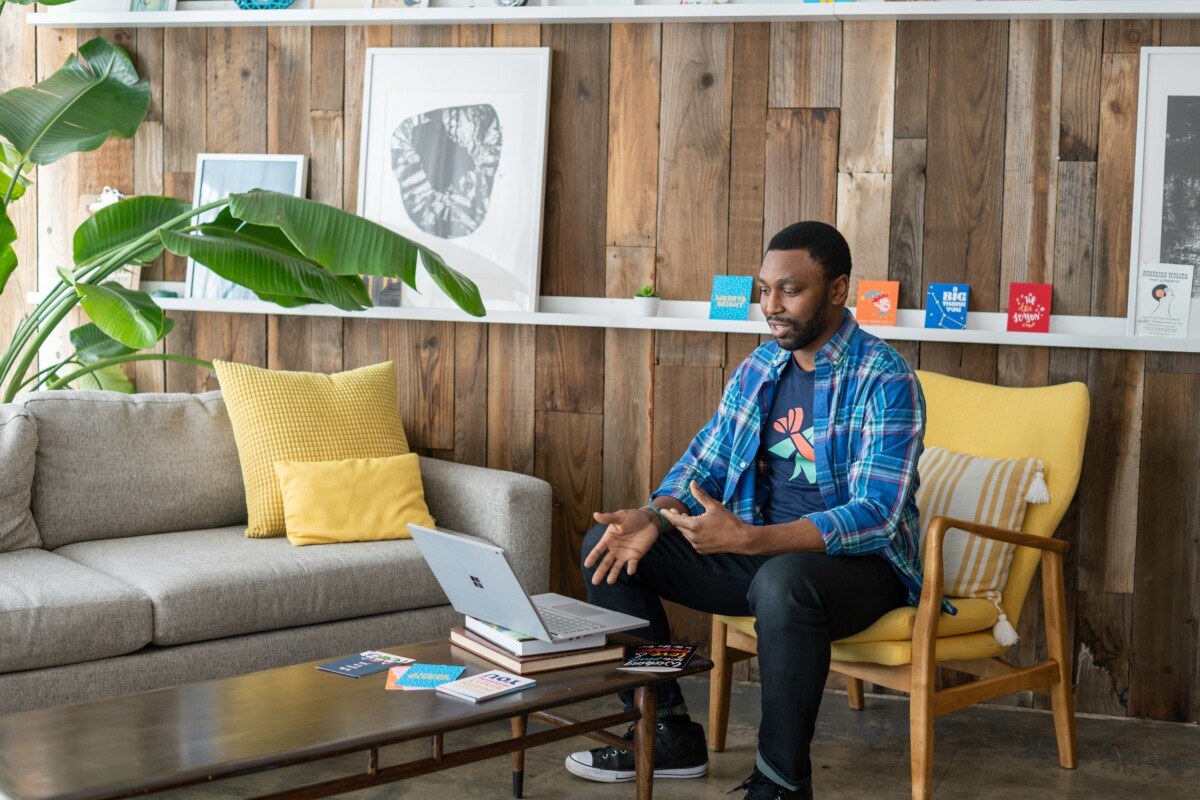Npengage
1w
42

Image Credit: Npengage
Actionable Insights for Managing Gen Z in the Nonprofit Workplace
- Gen Z comes with a unique set of skills: familiarity with technology, proficiency in social media and more. While at the same time they are faced with similar challenges that face all young professionals—adapting to the work and culture of their industry. Nonprofit managers need to work with Gen Z professionals to build up a skillset that will help them be successful in nonprofit environments, while also finding ways to engage and leverage their existing skills.
- As a manager, it is crucial to remember what it’s like to enter the workforce and work within a nonprofit culture. Based on experience, nonprofit leaders and managers can create inclusive intergenerational workplaces and help younger professionals grow and develop in the nonprofit workplace. It is important to follow these 4 effective ways of engaging and coaching Gen Z employees in the workplace.
- The 1st way nonprofit leaders can engage Gen Z employees in the workplace is by coaching all teams on different communication styles. Gen Z has come of age with expectations of immediacy and connectivity. Compact, effective, and to the point communication is the mode they’ve come to expect.
- The 2nd way to engage Gen Z employees is by adjusting the approach to coaching and skills building. This generation has received the message that everything they do is and can be visible to others. This results in the awareness of the need for performance to fashion how you want others to perceive you. This performance can become a barrier when coaching and training younger professionals.
- The 3rd way is to encourage and model an environment of learning and safety. Related to the above point, this generation has been conditioned to always seek and give the correct answer. For them, there is no other option because the public backlash you can face when you are incorrect can be severe. Since they do not want to be perceived as getting it wrong, they are not always asking the necessary questions.
- Lastly, pushing colleagues to adopt an inclusive approach to a multi-generational workplace. Colleagues need to be able to meet each other where they are at. We can all play a role in encouraging organizations to create multiple and diverse ways for people to show up at work. Gen Z is pushing for this positive change, and by understanding generational differences and what distinguishes them, we can work collaboratively without dividing Gen Z workers from their older or younger colleagues.
Read Full Article
2 Likes
For uninterrupted reading, download the app